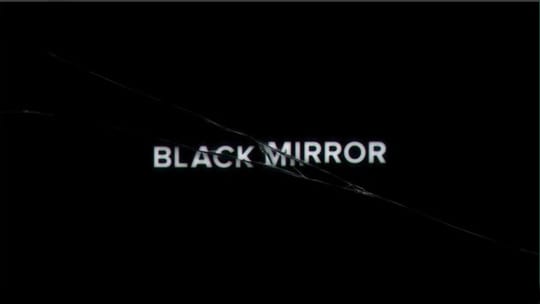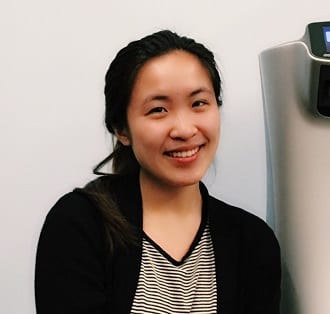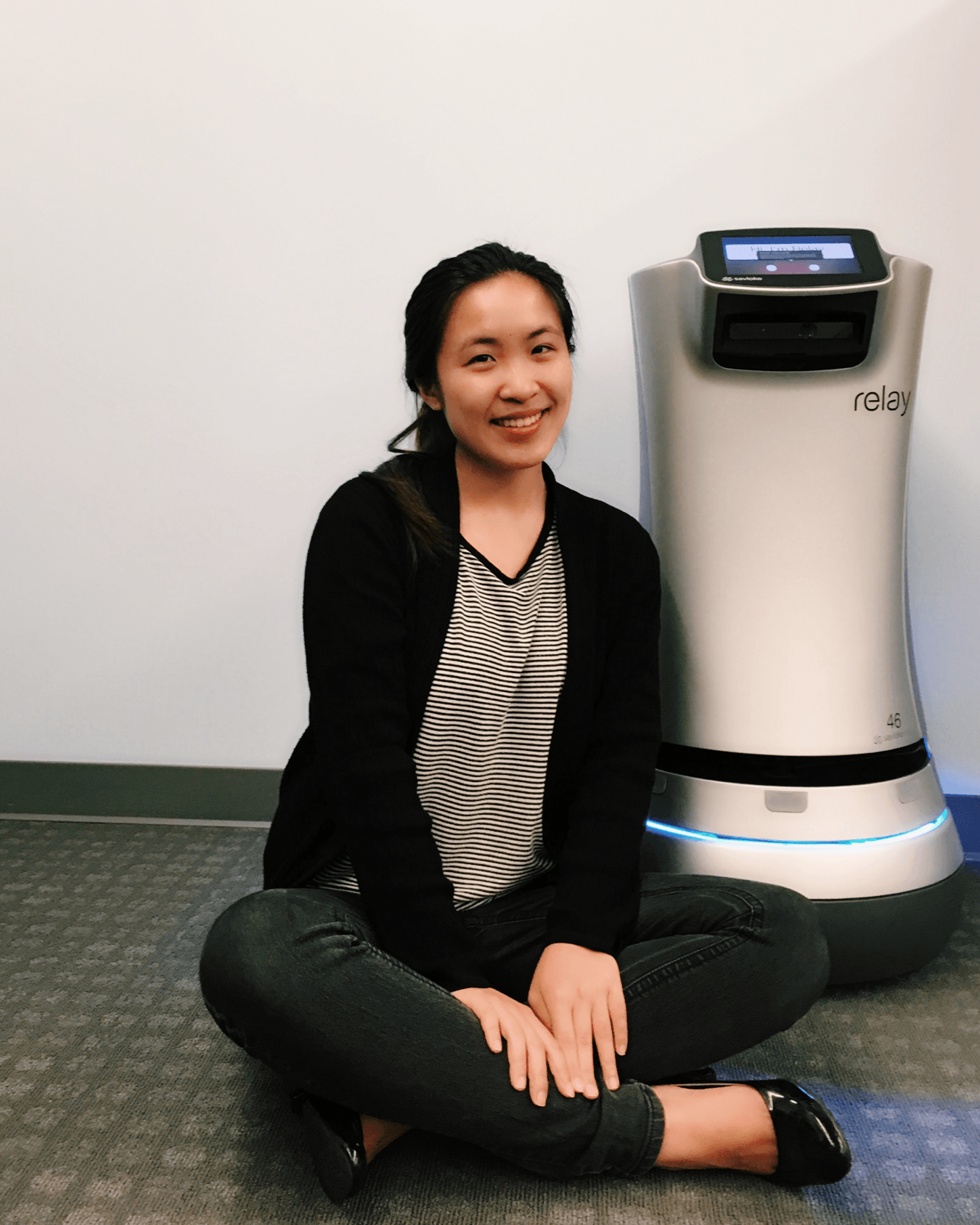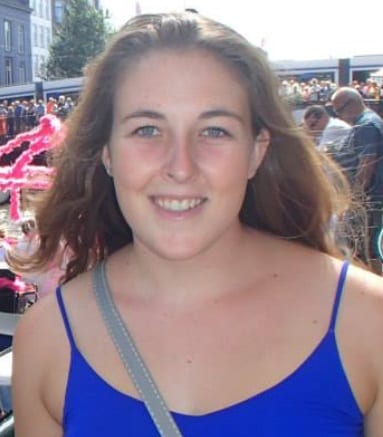
I spent my second week of winter break trying to convince my father to like my recently uploaded picture on Instagram.
An hour later, I received a notification acknowledging that my father had double-tapped on my picture- taking it from 59 to 60 likes- a small milestone. In exchange for the favor, I was told to watch “Nosedive,” an episode from the T.V. series Black Mirror.
The episode appears to be set in the future, a world where status and living is defined by an individual’s online rating. Interacting and gaining approval from individuals with higher ratings allows one to boost his/her own rating. A higher rating enables access to a better apartment, modes of transportation, and an elevated standard of living. A low rating can result in discrimination and social isolation, so characters go to considerable lengths to please their colleagues, thereby resulting in interactions characterized by superficiality.
While Black Mirror is dystopian, it is not unimaginable that society may evolve to a similar state. Technology has begun to penetrate all aspects of our lives. Our social media images have become vehicles through which we seek validation for physical beauty and popularity.
I admit that I went on a tech detox for two days after watching Black Mirror. On the third day, I was back scrolling on my Instagram and Facebook feed. This time, however, I tried to appreciate the picture itself rather than examining the number of likes it garnered. It hasn’t been easy, but I’ve found this to be both pleasant and less toxic.





